For more than 225 years extraordinary men and women have represented the United States abroad. In 1996 the Association for Diplomatic Studies and Training (ADST) and DACOR, an organization of foreign affairs professionals, created a book series to increase public knowledge and appreciation of American diplomats and their role in advancing our national interests. The books in this series demystify diplomacy by telling the story of American diplomats, the lives they led, and the world events they helped to shape.
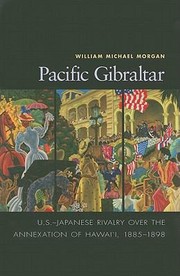

Philip Nash, Breaking Protocol: America’s First Female Ambassadors, 1933–1964 (University Press of Kentucky, 2020)––An extensive deep dive into the career journeys of six of the most influential early women diplomats. The State Department was a male-dominated entity, and women had a hard time making breakthroughs within it. Nash details the...
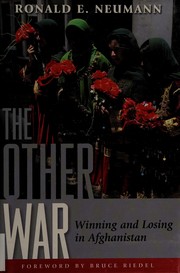
The Other War: Winning and Losing in Afghanistan is Ronald E. Neumann’s account of how the war in Afghanistan unfolded in the two years after he arrived in Kabul from Baghdad in July 2005 as the United States ambassador. A career diplomat, Ambassador Neumann brought to the job a lifetime’s professional...
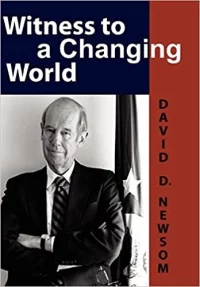
Witness to a Changing World is the life story of David Dunlop Newsom, a Foreign Service officer who rose through the ranks from third secretary and vice consul in Karachi in 1948 to the top career post of Under Secretary of State for Political Affairs in the Carter administration. Along the...

Dick Parker was renowned in the State Department for his dry acerbic wit. From his early youth on U.S. Cavalry posts across the Southwest to his World War II experiences, through a successful Foreign Service career as a leading Arabist in the Near East, he observed and commented on everything.
In this autobiography...

In Uncle Sam in Barbary, Richard Parker tells the story of the young American republic’s first hostage crisis, and earliest encounter with Islam, which began in 1785 when Algerine corsairs–the Barbary pirates–captured two U.S. vessels off the coast of Portugal. The situation dragged on until 1796, when the United States paid...
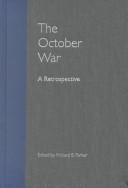
This often surprising book shares firsthand accounts and frank discussions from a meeting held in October 1998 on the twenty-fifth anniversary of Egypt and Syria’s attack on Israeli army positions in the Sinai and Golan. Twenty-five scholars and senior officials, former and current, searched for answers to persistent questions about...

For much of the early 1990s, Haiti held the world’s attention. A fiery populist priest, Jean Bertrand Aristide, was elected president and deposed a year later in a military coup. Soon thousands of poor Haitians started to arrive in makeshift boats on the shores of Florida. In early 1993, the...
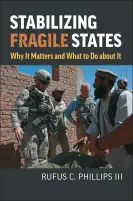
Stabilizing Fragile States: Why It Matters and What to Do About It is a masterclass on intervening to help fragile states stabilize in the face of internal challenges that threaten national security and how the United States can do better at less cost with improved chances of success. Written from the...

China Boys offers a close-up view of the U.S. opening to China and the pioneer days in U.S.-China relations that followed. Former ambassador and Asia Society president Nicholas Platt recounts the preparations and interplay surrounding the historic Nixon visit to China in 1972, the setting up of America’s first resident diplomatic...
